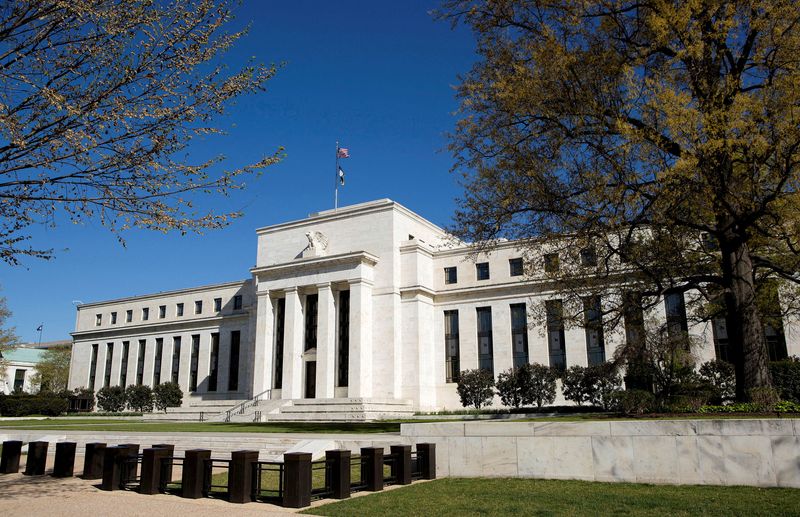The Federal Reserve reported a record loss of $114.3 billion in 2023 due to expenses related to managing the U.S. central bank’s short-term interest rate target. This marked a stark contrast from the $58.8 billion in net income the Fed had reported in 2022. Despite the significant loss, the Fed has reassured that this negative income does not impede its ability to operate or conduct monetary policy, as it can create money to fund its operations when facing losses.
The loss in 2023 was primarily attributed to the Fed’s move to aggressively boost the federal funds rate starting in the spring of 2022. This decision was aimed at cooling inflation pressures by increasing the target rate from near zero levels to its current range of 5.25% to 5.5%. In order to maintain this target rate, the Fed paid out a substantial amount in interest to banks, money funds, and other financial firms that parked cash at the central bank, resulting in increased interest expenses.
The Fed’s audited interest expenses for banks’ reserve balances reached $176.8 billion in 2023, a significant increase from the $116.4 billion in 2022. Furthermore, interest payouts from the Fed’s reverse repo facility rose to $104.3 billion in 2023 from $41.9 billion in the prior year. Despite the significant increase in interest expenses, the income the Fed earned from bonds it owns remained relatively stable at $163.8 billion in 2023.
To cover its losses, the Fed holds a deferred asset which stood at $133.3 billion at the end of 2023 and has since risen to $157.8 billion as of March 20. This accounting device allows the Fed to capture its losses without affecting its ability to operate. Once the Fed returns to profitability, it will use excess earnings to reduce the deferred asset, at which point it will start returning excess profits to the Treasury again.
Fed officials have acknowledged that it may take years before the Fed is able to return profits to the government. Despite the record loss in 2023, the Fed remains confident in its ability to continue operations and conduct monetary policy effectively. The central bank plays a crucial role in managing the country’s economy and financial system, and its financial decisions have far-reaching implications for the broader economy.












